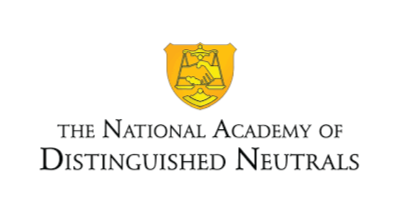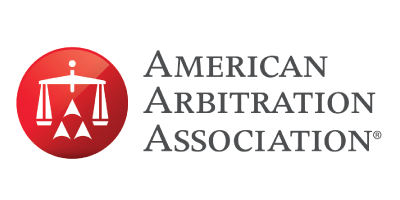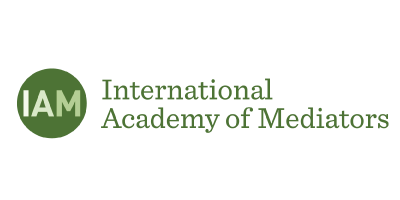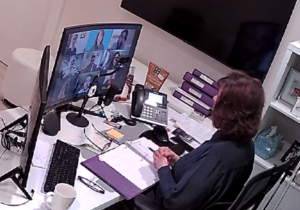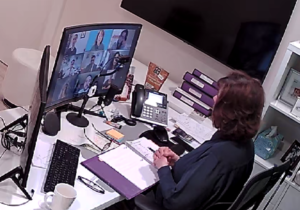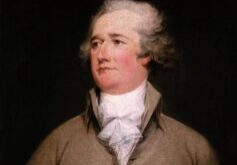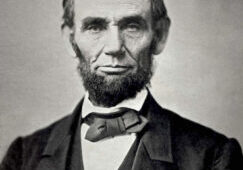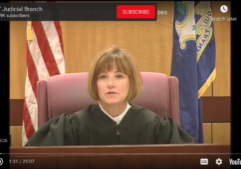Secrets and Surprises
by Judge Elaine Gordon (ret.)

Elaine Gordon is a retired Superior Court judge and founder of Gordon ADR. She is a member of the National Academy of Distinguished Neutrals and a Distinguished Fellow of the International Academy of Mediators.
A Note from Judge Gordon
I just returned from the International Academy of Mediators conference in Memphis where I led a discussion group on “The Soul of Mediation.” Mediators throughout North and South America, Asia, and Europe shared their experiences as ADR professionals. We all agreed that ADR continues to grow rapidly both in the USA and around the world.
The highlight of the conference was our visit to the Civil Rights Museum. The museum guides visitors through five centuries of history - from the beginning of the resistance during slavery, through the Civil War and Reconstruction, the rise of Jim Crow, and the seminal events of the late 20th century that inspired people around the world to stand up for equality. If you have the opportunity, please visit this historic and important museum.
We just celebrated the unofficial start of summer on Memorial Day. As we enjoyed this holiday with family and friends, I was reminded how important it is to remember the sacrifices of so many veterans who made it possible for us to live in this great nation.
Keeping information secret may not be a risk worth taking.
Litigators cherish a secret. Undisclosed information is a weapon which can bring a win at trial. The same is not necessarily true in mediations.
Information is power in our legal culture. Secrets and surprises can create an advantage. Hundreds of years of legal culture make lawyers hesitate, in a mediation, to share information with the other side, despite their increasing desire to avoid trial.
If you are going to trial, a secret may be your silver bullet but this makes little sense when we live in the era of “the vanishing jury trial.” In fact, in most jurisdictions, over 90 per cent of cases settle, often through mediation. Saving surprises for a trial that is unlikely to happen is usually a poor strategic choice. Why not use information to improve your settlement terms?
At mediation, if you are going to share information previously unknown to the opposition, share it early in the process. Late surprises usually leave your opponent feeling suspicious. They will worry about what else might you be hiding. Give your opponent the time to assimilate your information and re-analyze risk with clients, insurance adjustors and other decision makers. The point, after all, is to get the opposition to modify their position.
Of course, some information should remain confidential. You would never reveal information that weakens your case. But information which strengthens your case is powerful and may well increase your bargaining leverage.
You can use your pre-mediation submissions to underscore the information which gives you leverage. Make your mediation statement assertive and persuasive. Remember you have two audiences ... your opponent and the mediator.
I strongly encourage both exchanged and confidential submissions. Often there is information you wish to share only with the mediator. This type of information may include sensitive or pressing issues regarding your client, or even the dynamics between counsel.
While secrets and surprises may have perceived power, advantage is won by sharing that information at the right time. A secret that remains unshared has no power or effect and it could cost you the settlement you seek at the mediation.
You may also be interested in ...
